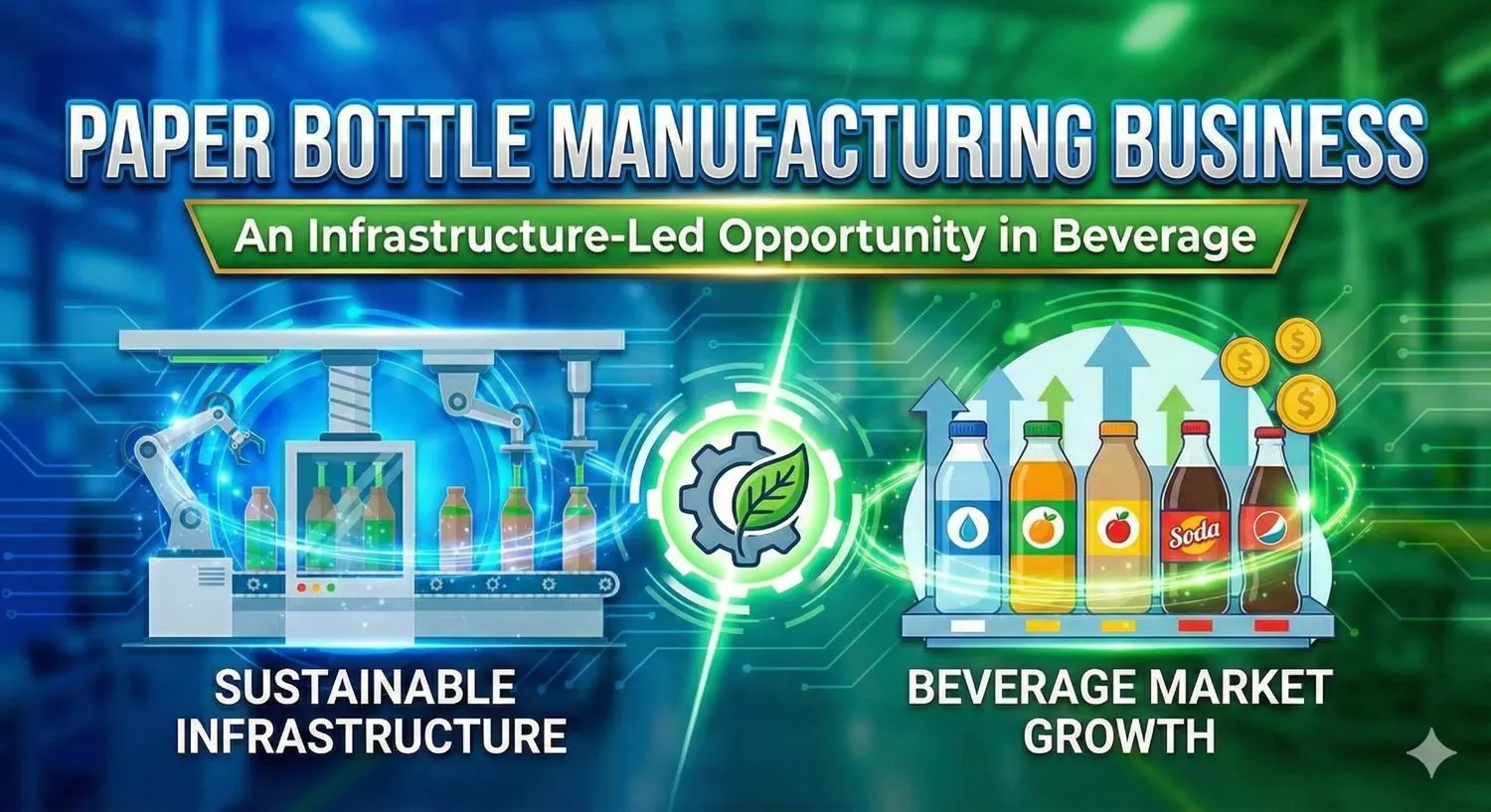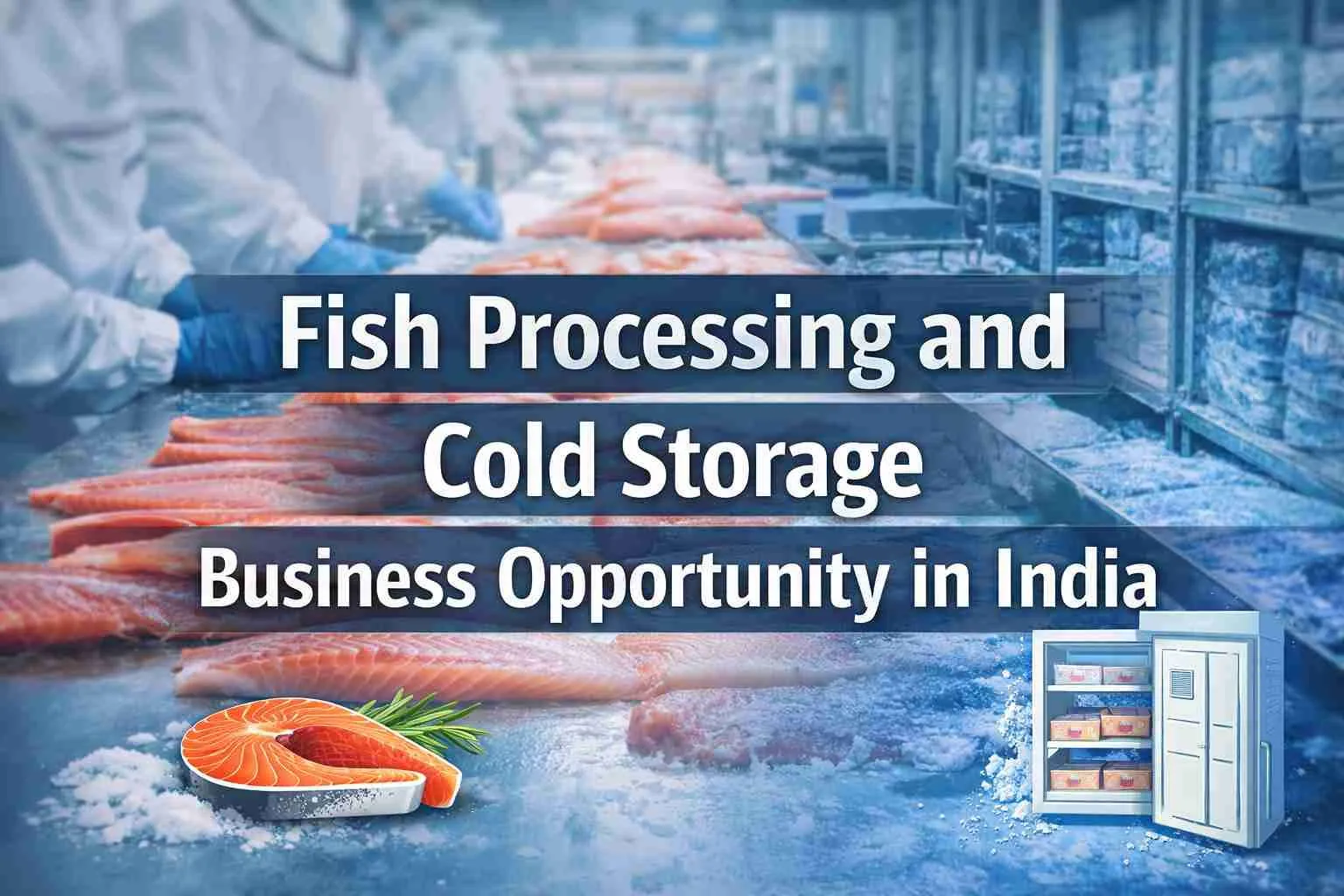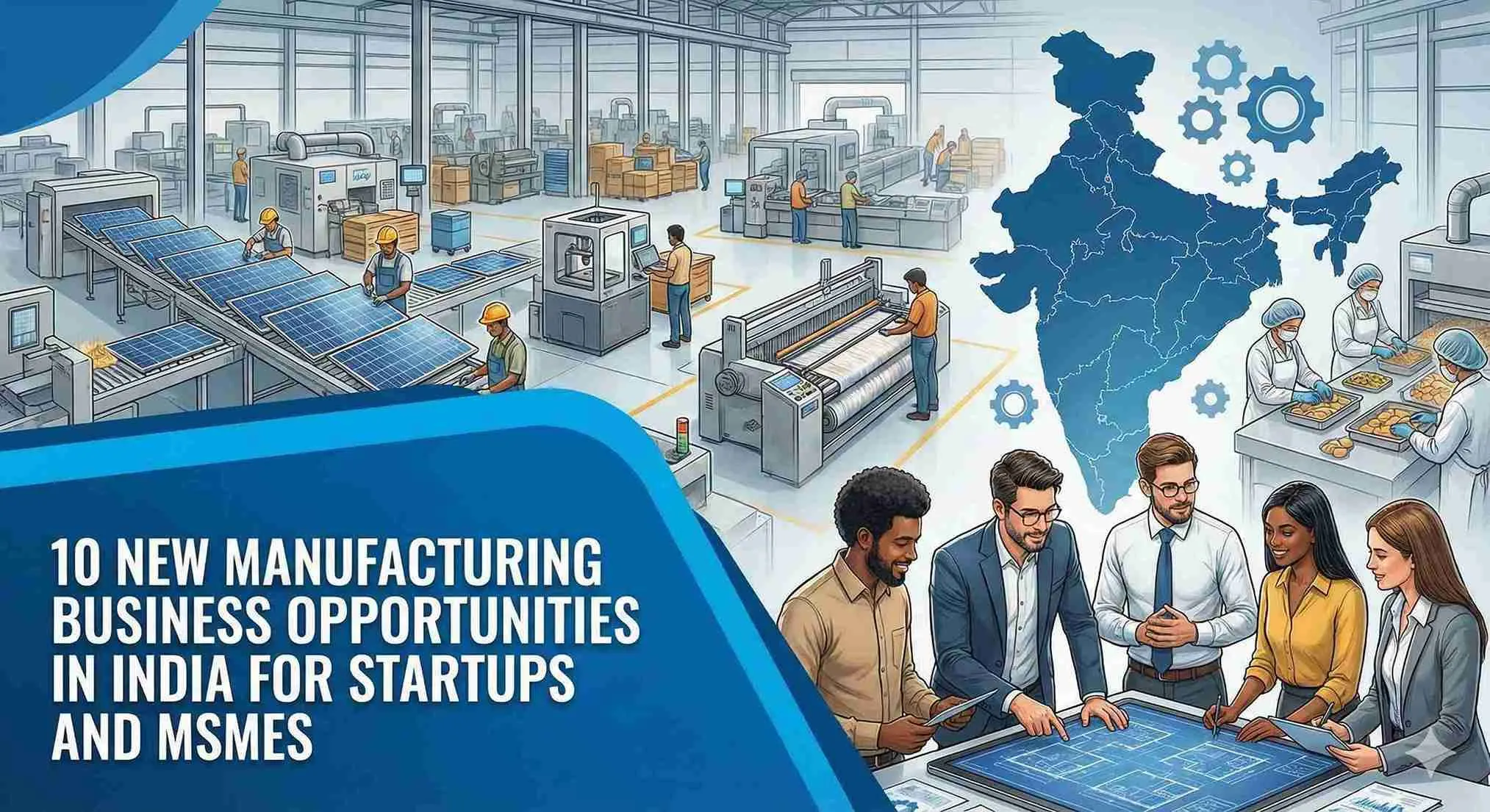High tensile fasteners are essential components in construction, automotive, aerospace, heavy engineering, and infrastructure projects. These fasteners offer high strength and durability under extreme conditions. Due to rising demand from manufacturing and development sectors, starting a tensile fasteners manufacturing business can be both lucrative and sustainable in today’s industrial landscape. A well-structured business plan will help you enter this segment with clarity and confidence.
See Also : Leather Production & Tannery Business
Contents
- 1 Understanding the Market Potential of Tensile Fasteners Manufacturing
- 1.1 Investment and Setup Requirements
- 1.2 Machinery and Production Process
- 1.3 Types of Products You Can Manufacture
- 1.4 Raw Material and Supplier Network
- 1.5 Manpower and Skill Development
- 1.6 Marketing and Business Development
- 1.7 Profitability and ROI Expectations
- 1.8 Challenges and Risk Management
- 1.9 Conclusion
Understanding the Market Potential of Tensile Fasteners Manufacturing
India is witnessing a surge in construction, automobile production, and engineering exports. All these industries require consistent supplies of high-quality fasteners. Moreover, international demand is growing, especially from countries investing in infrastructure modernization. Tensile fasteners manufacturing businesses can cater to both domestic and global needs with strategic investments and compliance.
Additionally, Make in India, Atmanirbhar Bharat, and PLI schemes for manufacturing are encouraging industrial setups. Therefore, this is the right time to explore opportunities in the tensile fasteners segment. You can capture a decent market share if you focus on product quality, pricing, and supply timelines.
Investment and Setup Requirements
To start a tensile fasteners manufacturing unit, you will need land, machinery, skilled labor, raw material sources, and utility arrangements. A small-scale plant typically requires a 5,000–10,000 sq. ft. area. Setting up the infrastructure, including power backup, water supply, and drainage systems, is necessary before installing machinery.
The capital investment depends on the plant’s size and automation level. A fully automated plant needs more funds but reduces long-term labor costs. Typically, initial investment ranges from ?75 lakh to ?2 crore. It includes:
-
Land and construction
-
Machinery and dies
-
Quality testing equipment
-
Working capital for raw materials
-
Salaries and admin costs for the first 6 months
-
Marketing and distribution setup
Register your business with relevant government bodies like MSME (Udyam), GST, and Factory Inspector. Obtain BIS certification and ISO 9001 to ensure credibility and trust in B2B markets.
Machinery and Production Process
The core of tensile fasteners manufacturing lies in precision engineering. You need advanced machinery to ensure consistency, strength, and finishing. Essential machines include:
-
Wire drawing machine
-
Header machine
-
Thread rolling machine
-
Heat treatment furnace
-
Electroplating or coating units
-
Inspection and packaging systems
The process starts with wire rod selection based on the required tensile strength. Wire rods are cleaned, cut to size, and shaped using headers. Threads are formed using thread rolling machines. Then, fasteners go through heat treatment to enhance strength. Post-treatment, they are surface finished (zinc plating or black oxide) for corrosion resistance.
Each batch undergoes testing to ensure compliance with mechanical and dimensional standards. Products are then packed in bulk or customized packaging, based on client specifications.
Types of Products You Can Manufacture
A tensile fasteners manufacturing unit can produce a variety of products based on client demands. Popular types include:
-
Hex bolts
-
Socket head cap screws
-
Hex nuts
-
Washers
-
Stud bolts
-
Anchor bolts
-
Flange bolts
-
High-strength structural bolts
These fasteners come in different grades like 8.8, 10.9, and 12.9 based on strength. You can target different segments like OEMs, infrastructure contractors, distributors, and retailers. Exporting to countries in the Middle East, Africa, and Southeast Asia will help scale the business.
Diversifying your portfolio with fasteners for wind energy, railways, and metro projects can enhance profitability. Custom manufacturing for niche clients also ensures premium pricing.
Raw Material and Supplier Network
The main raw material in tensile fasteners manufacturing is high-grade alloy steel. You can source it from domestic steel mills like Tata Steel, SAIL, or Jindal, or import from global suppliers. Maintaining consistent quality of steel and coatings is crucial for meeting international standards.
Apart from steel, you will need lubricants, galvanizing chemicals, packing material, and power supply. Building long-term relationships with suppliers will help you negotiate better pricing and ensure timely delivery.
You should also have an in-house or third-party laboratory to test material hardness, tensile strength, and dimensional accuracy. Clients often demand MTCs (Material Test Certificates), and meeting such expectations builds long-term trust.
Manpower and Skill Development
A tensile fasteners manufacturing business needs both skilled and semi-skilled workers. Machine operators, fitters, quality inspectors, and engineers play vital roles in production and assurance. Initially, hire 15–25 workers, depending on your plant capacity.
Train your workforce in ISO standards, 5S practices, and machine handling. Regular training helps reduce defects, wastage, and downtime. Use motivational methods to retain skilled employees, as frequent attrition hampers productivity.
To stay competitive, invest in upskilling programs and safety training. Skilled labor not only ensures better production but also improves plant efficiency and output quality.
Marketing and Business Development
Once your products are ready, you need to actively promote and sell them. Create a professional website with a catalog of your fasteners, certifications, and test results. Participate in trade fairs like India Fastener Show, Auto Expo, and Industrial Engineering Expo.
Build a strong sales team to contact OEMs, EPC contractors, and industrial suppliers. Offer trial samples and competitive rates to enter bulk orders. Listing your company on IndiaMART, TradeIndia, and ExportIndia boosts B2B visibility.
To further expand, appoint regional distributors in high-demand states. For exports, register with DGFT and obtain an Import Export Code (IEC). Tie up with international agents and shipping partners for smooth overseas transactions.
Promotional strategies like free quality audits, bulk discounts, or fast delivery options make your offer more attractive. Building a reliable after-sales and support team adds to client satisfaction and retention.
Profitability and ROI Expectations
Profit margins in tensile fasteners manufacturing can be significant if you manage operations efficiently. Raw material accounts for 60–65% of the cost, while labor and utilities make up another 15–20%. Remaining is marketing and admin overhead.
With bulk production and consistent orders, you can expect a profit margin of 15–25% after the first year. Break-even typically happens within 18–24 months. You can improve ROI by upgrading machinery, reducing power wastage, and improving turnaround time.
Repeat orders from reliable clients help maintain cash flow. Offering value-added services like custom labeling, third-party logistics, or urgent delivery boosts income. Tracking expenses and maintaining strict financial discipline is essential for long-term success.
Challenges and Risk Management
Despite its potential, tensile fasteners manufacturing comes with several challenges. Raw material price fluctuations can hit your margins. To overcome this, maintain buffer stock or long-term contracts with suppliers.
Another challenge is quality rejection, especially in export consignments. Ensure strict QC processes at every production stage to avoid penalties or rework. Compliance with standards like DIN, ASTM, and IS is a must.
Sometimes, low-cost competitors from China or local unorganized players can disrupt pricing. Instead of entering price wars, focus on product differentiation, timely delivery, and superior customer service.
Finally, macroeconomic factors like interest rates, currency fluctuations, and logistics delays can affect your business. Always keep contingency reserves and insurance to manage risks smoothly.
ee Also : Beer Bottles Manufacturing Plant
Conclusion
The tensile fasteners manufacturing business is an attractive venture for those aiming to enter the high-growth industrial components sector. With increasing infrastructure spending and rising demand for durable mechanical products, fasteners will always remain in demand. A clear understanding of the manufacturing process, compliance needs, market strategy, and customer expectations can help you build a successful and scalable business. If you focus on quality, consistency, and continuous improvement, your brand can become a reliable name in this essential manufacturing niche.














